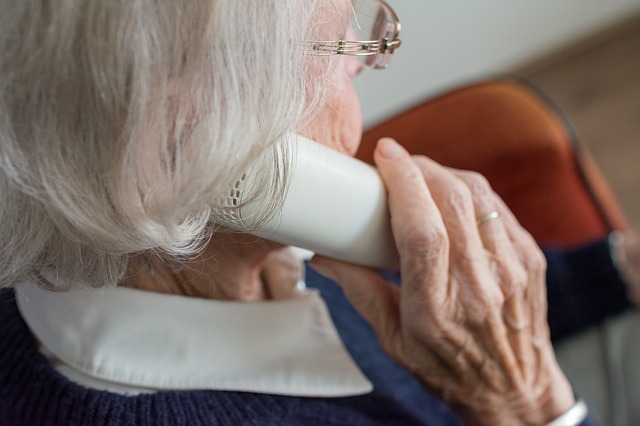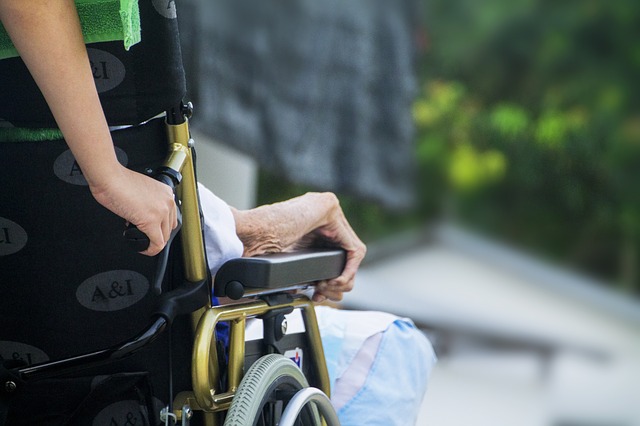Making Work Place Adjustments Helpful
A physical disability is temporary impairment that effects a particular individual s mobility, physical ability, strength, stamina, or cognitive ability. This may include multiple sclerosis, brain or spinal cord injuries, cerebral palsy, respiratory ailments, epilepsy, blindness and much more. As time goes by, the symptoms of a handicap may become more severe, so you should seek professional medical assistance if you are experiencing some of the following symptoms:
The inability to walk or stand. Including walking, reaching, and climbing stairs, and performing daily tasks like eating or bathing. The inability to do physical functioning is known as a Melbourne disability services physical handicap because it prevents the individual from doing typical pursuits. It is possible to test your physical functioning together with the Maretic Evaluation of Handicappedness, which is used to determine if you are able to control your intestines, liver, gut, and vocal cords; even if you are effective at controlling those skills.
Making Work Place
The loss or reduction of dexterity. This impacts both upper-body and lower-body functions. The results of the Handicapping Test of Dexterity show how well you can use your hands to execute simple tasks, such as grasping a car door, turning in the light, pointing, and picking up small objects.
The loss or reduction of function that results from acquired brain injuries. Brain injuries are occasionally related to a physical disability, but occasionally they are not. Brain injuries influence each side of the mind, meaning a individual may have difficulty learning how to perform the very same tasks that he or she had to do, in addition to forgetting or losing the ability to recall information that was discovered. This frequently occurs after a traumatic event such as a car accident, an attack, head trauma, or other trauma. It’s frequently mistaken for a disease, but it needs to be recalled that a Melbourne disability services disability needs to be treated as such and not dismissed.
Making Work Place
The loss or reduction of dexterity and physical operation caused by ailments. Certain illnesses such as diabetes, Parkinson’s disease, and osteoporosis trigger major physiological changes that affect a individual’s capacity to maneuver. Other diseases, like multiple sclerosis and stroke, also influence mobility. In some cases, people who have undergone surgery or are bedridden may have a physical handicap because they cannot use their hands to feed themselves or use bathroom facilities.
Workplace adjustments can help improve a physical disability. Sometimes this is best performed through workplace modifications. If you cannot use your hands to the fullest extent possible, you can take advantage of your prosthetic limbs by having personalized workstation tables or seats. You are able to make a massive difference in the way you are treated at the work environment when you have the assistance of trained office staff. To be able to take advantage of workplace adjustments, you need to first consult with your doctor. He or she will have the ability to recommend a workstation which can help you with your disability.
Other workplace alterations include having constant lighting on the job. Certain disabilities limit a person’s ability to see at the bright or dim light, so they require bright lights all of the time. This makes working far more difficult for them, but it can greatly enhance their capacity to function. Should you suffer from a serious physical disability that affects your ability to maneuver around the workplace because of poor gait or mobility, having custom office furniture can assist you.

One of the most common physical ailments experienced by older employees is muscular dystrophy. This illness affects many elderly people, and it generally results in a form of arthritis known as rheumatoid arthritis. Since it affects so many elderly employees, muscular dystrophy often leads to reduce quality of life for people who have it. Workplace adjustments that assist with gait and mobility can greatly improve the quality of their own lives, in addition to that of their colleagues.
